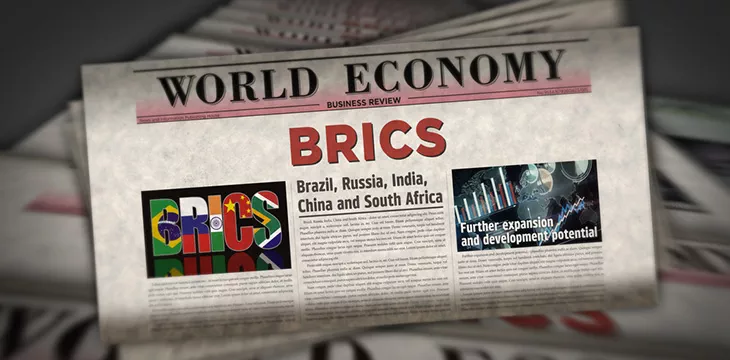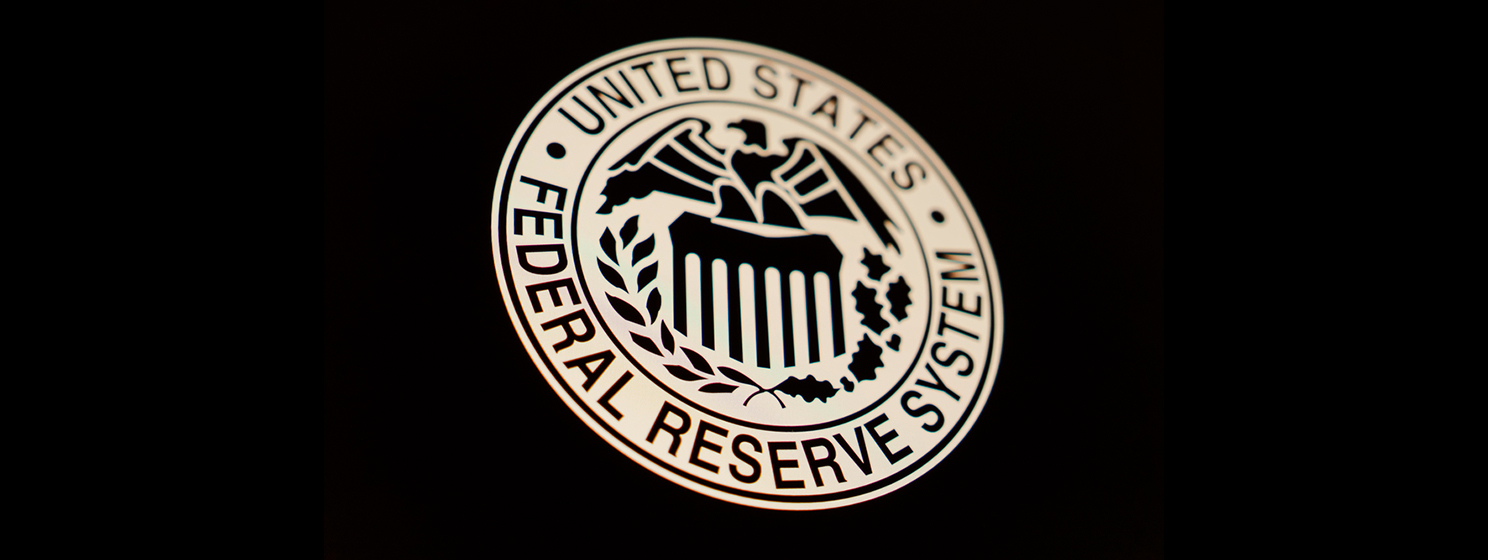
|
Getting your Trinity Audio player ready...
|
Back in July, BRICS announced the intention to create a new payment system to rival SWIFT and further the bloc’s stated goal of de-dollarization.
While the exact details of how the system works are not yet confirmed, Former Russian Ambassador to the USA Yury Ushakov made public statements confirming it would use cutting-edge digital technology, including blockchain. He called this an “important goal for the future.”
The system is set to facilitate both cross-border payments and settlements and will not require U.S. Dollars. Further comments made by Russian central banker Elvira Nabiullina suggest that as many as 159 countries have expressed interest in using it, signaling strong international interest in ways to trade that don’t depend on the USD.
In a potentially related move, Russian President Vladimir Putin signed a bill allowing digital currencies to be used for export payments. Evidently, Putin is trying to find ways to trade internationally while under U.S. sanctions due to the war in Ukraine.
Could the BRICS payment system use a gold-backed digital currency?
Anyone familiar with the digital currency industry knows that rumors and speculation circulate widely on little more than suggestive evidence and loosely connected dots. So, it should come as no surprise that there’s been much debate about a potential link between Putin’s bill and the BRICS payment system and whether the “chosen” blockchain’s native token stands to gain in value.
What many seem to be missing is this: if the rumors are true and BRICS released a gold-backed digital currency, what does it mean for the digital gold narrative peddled by BTC proponents? While BTC does have a fixed supply for now and users can take custody of their own coins, there isn’t much real liquidity supporting it, and there are well-known long-term problems with the economics of the system.
Could a gold-backed BRICS currency that is actually useful for trade be more appealing to speculators and those who still believe in both hard money and electronic cash? Time will tell, but as usual, BTC maximalists are intent on asking questions to confirm their biases and only tell one side of the story.
De-dollarization won’t be so easy
Whatever form the new BRICS payment system and currency takes, de-dollarizing won’t be easy, and it won’t happen quickly. Just look at some stats showcasing how entrenched the USD is in global trade:
59% of all global reserves are held in USD, according to the IMF.
80-90% of global trade is conducted in USD, and oil is priced in it.
85% of all FOREX trades involve the USD.
60% of all global debt issuances are priced in U.S. dollars.
U.S. Treasuries are still the go-to safe haven asset.
On top of the immense power that USD gives Washington, there’s also the issue of sanctions. The U.S. government can also tell any party doing business with entities it has sanctioned (e.g., Russia) that they aren’t welcome in the U.S. markets, restricting access to capital and more. These secondary sanctions are a powerful weapon in Washington’s arsenal.
While some will choose BRICS over the United States for political reasons, it’s unlikely that many will choose to lock themselves out of the world’s largest economy by nominal GDP, especially if other large markets like the EU are aligned with it.
Nonetheless, the BRICS system and currency will pose a meaningful challenge to U.S. financial dominance. Brazil, Russia, India, China, South Africa, and the other members are not to be underestimated and will play an increasingly important role in the future as their economies grow.
What the BRICS system will look like in the future is anyone’s guess, but with its annual summit ahead in Kazan on October 22-24, we may get our first glimpse soon enough.
Watch: Gold as a commodity
Recommended for you
Lorem ipsum odor amet, consectetuer adipiscing elit. Elit torquent maximus natoque viverra cursus maximus felis. Auctor commodo aliquet himenaeos fermentum
Lorem ipsum odor amet, consectetuer adipiscing elit. Accumsan mi at at semper libero pretium justo. Dictum parturient conubia turpis interdum

 11-10-2024
11-10-2024 


